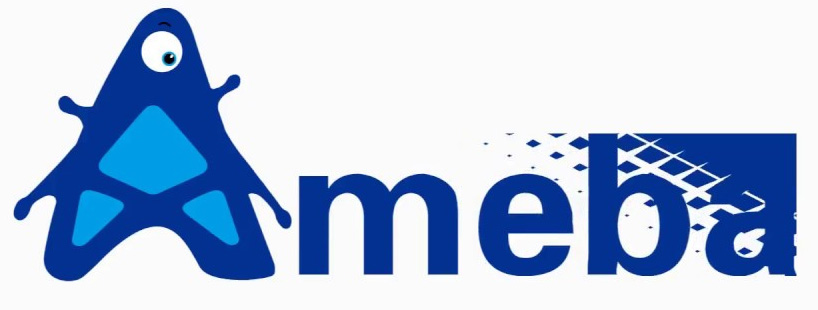DigitalFUTURES Coding Award 2022
This award is given to a digital tool that revolutionizes architectural research, practice or education by offering advanced thinking paradigm and working flow. The tool could be recognized as a piece of code, a plug-in, a fully developed software, etc.
COMPAS_RRC is the extension of the COMPAS ecosystem that enables bidirectional online communication between the computational design environment and industrial robot systems. The ROS-based middleware offers flexible integration possibilities for the most advanced technologies and provides a simple Python API for the user. The software architecture is designed for an ever-growing user and software base. On the industrial robot side, the native control language is implemented to take full advantage of vendor-specific features and experience. Using a library of predefined functions, specialists can easily develop powerful and customized functions within their own operating environment. This functionality enables easy parametric data exchange of Python and Vendor-specific code. This means that complex tasks and sensor feedback can be executed and recorded synchronously with robot motion, while maintaining the simple interface of COMPAS_RRC. This approach makes the environment easy to use and to implement for beginners and can also be extended for more complex tasks by specialists up to highly complex industrial systems.
Developer Team
Philippe Fleischmann ,Gonzalo Casas, and Michael Lyrenmann
DigitalFUTURES Coding Award 2021
This award is given to a digital tool that revolutionizes architectural research, practice or education by offering advanced thinking paradigm and working flow. The tool could be recognized as a piece of code, a plug-in, a fully developed software, etc.

PanelingTools Software by Robert McNeel & Associates is widely used to rationalize freeform surfaces and create paneling solutions from concept to fabrication. The development of PanelingTools started in 2008 as a plugin to Rhino NURBS modeling. Two goals were in mind: The first was to support quick mock-up of paneling ideas. The second to prototype and fabricate final paneling solutions into physical reality, making a smooth transition from design to production. The further development of PanelingTools inside the Grasshopper parametric environment allowed powerful control over paneling and pattern variations.
PanelingTools’ intuitive and parametric capabilities made it popular across many sectors of the design industry, such as jewelry, consumer products, film, and the building industry. Its versatility and seamless integration with leading 3D modeling and parametric design tools made it popular worldwide in academia and practice
Development: Rajaa Issa at Robert McNeel & Associates, is the architect and developer of PanelingTools for Rhino and Grasshopper.
DigitalFUTURES Coding Award 2021
This award is given to a digital tool that revolutionizes architectural research, practice or education by offering advanced thinking paradigm and working flow. The tool could be recognized as a piece of code, a plug-in, a fully developed software, etc.

Ameba is a topological optimization plugin to Rhino Grasshopper. With this software the user may, according to design requirements, apply different loading and boundary conditions to the initial design domain which will evolve, similar to an ameba, into various shapes, and eventually reach an organic form that is structurally efficient and aesthetically pleasing. The core algorithm of Ameba is based on the bi-directional evolutionary structural optimization (BESO) technique originally proposed by Professor Mike Xie and co-workers. Since 2017 his team at XIE Technologies has been striving to develop Ameba into an advanced and easy-to-use digital design tool for architects and engineers, which will enable them to find innovative and efficient conceptual designs.
Ameba uses high-speed finite element analysis and cloud computing. This digital tool can be conveniently employed to explore a wide range of design scenarios for inspirational outcomes. More details and free trial version are available at https://ameba.xieym.com/ .
Developer team: Mike Xie, Wei Shen, Qiang Zhou, Yuan Yao, Albert Li, Nic Bao
